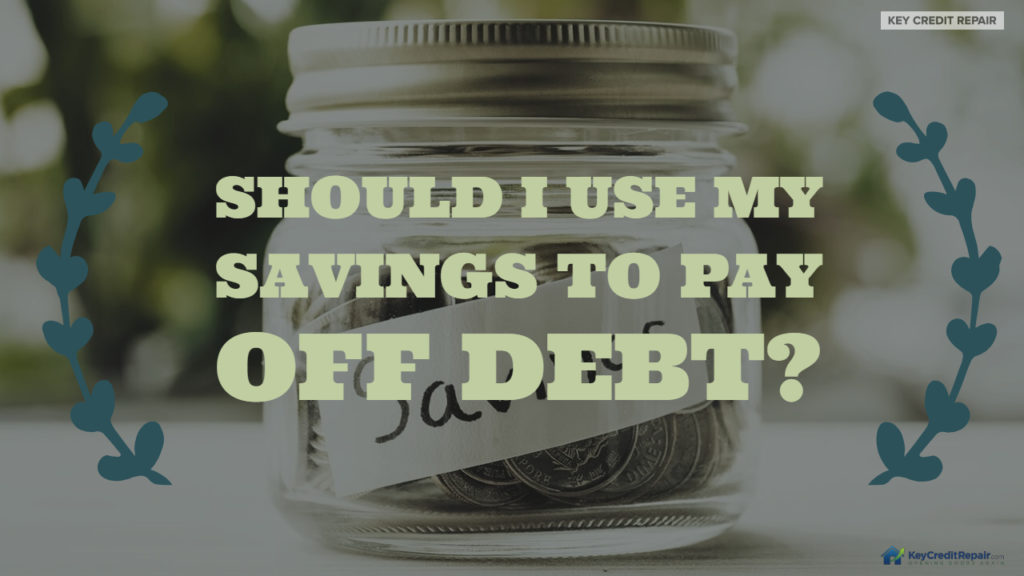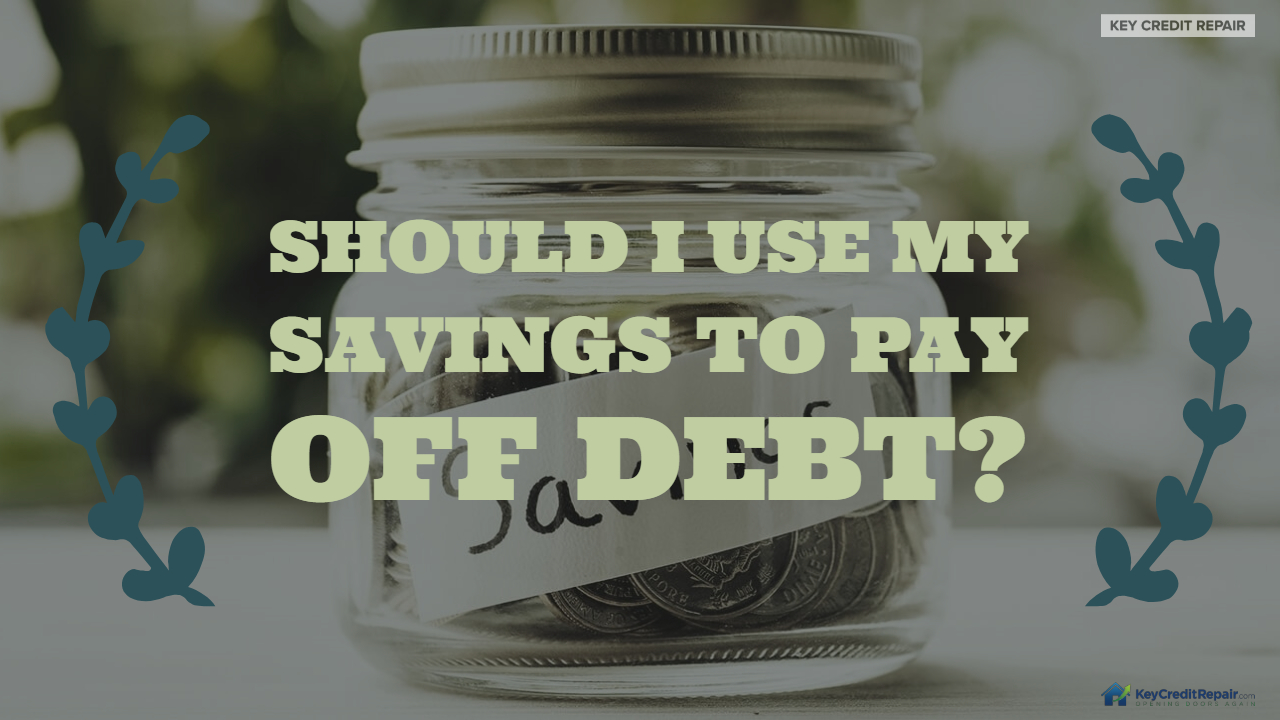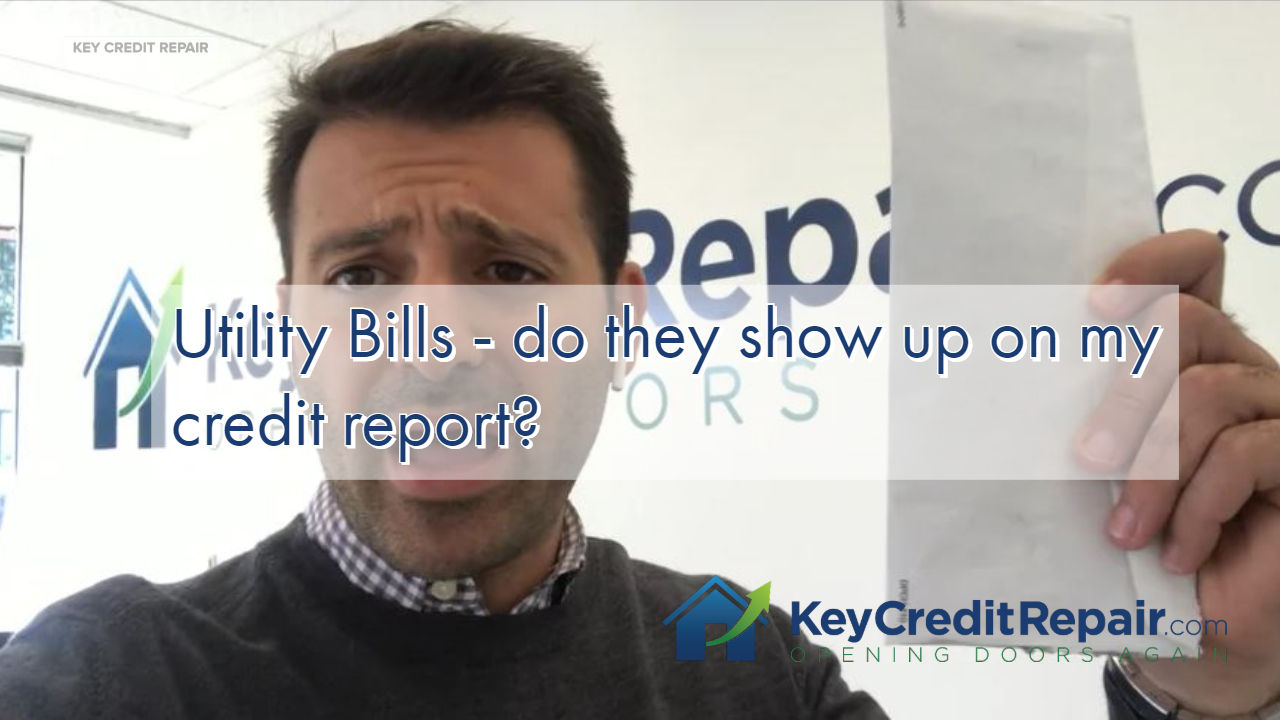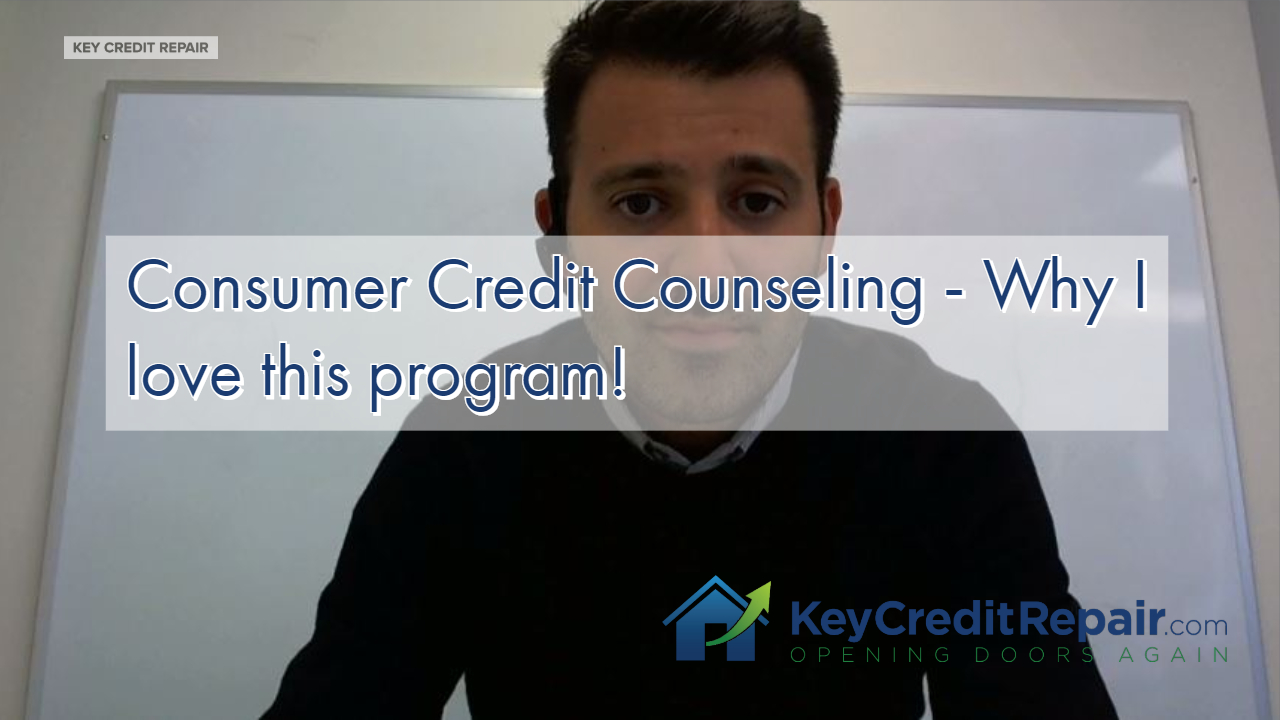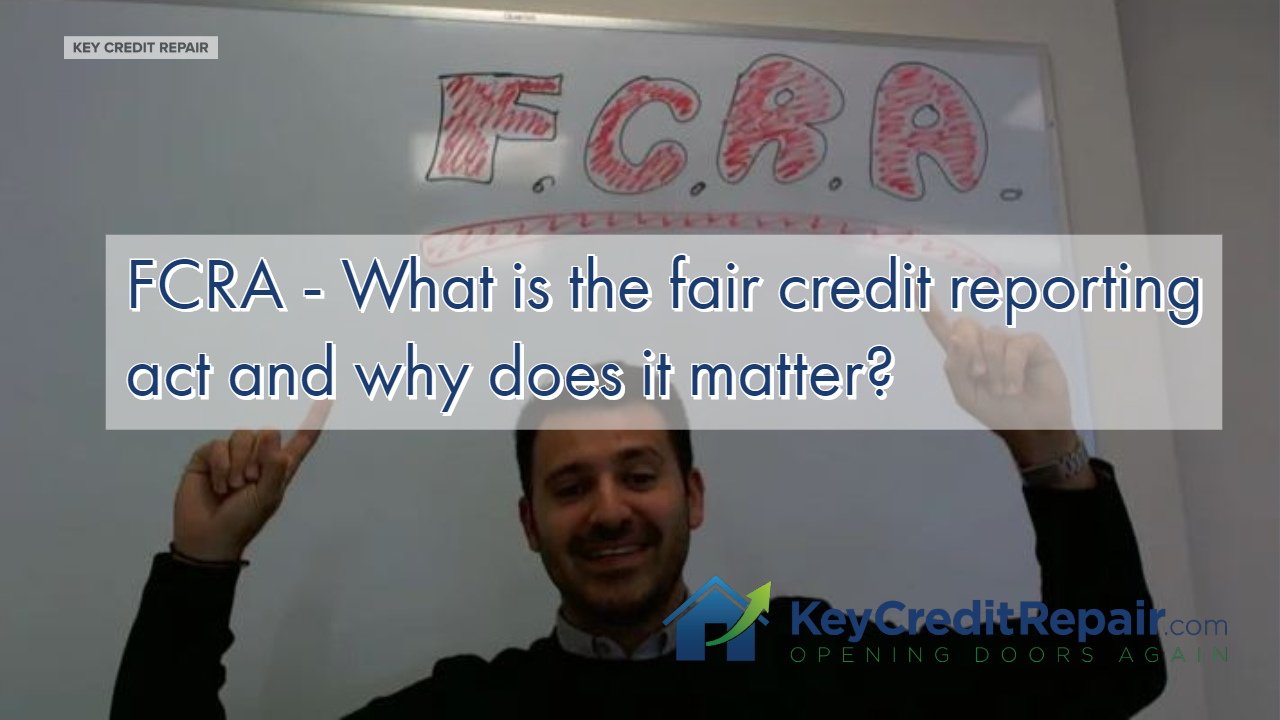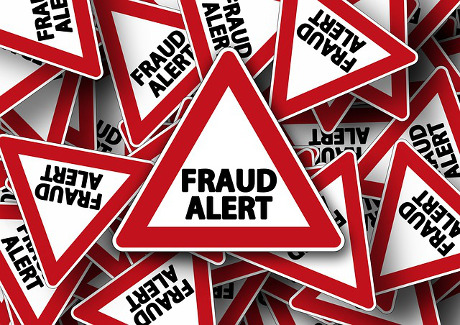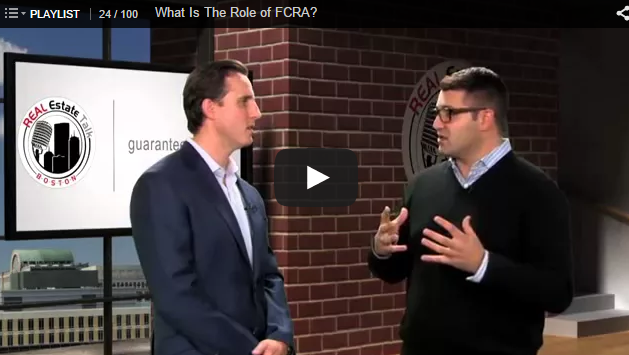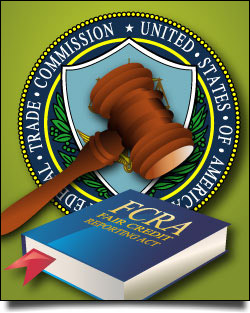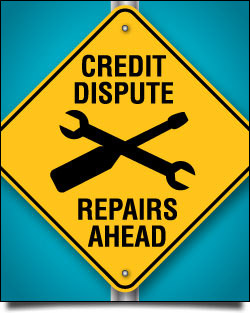Fair Credit Reporting Act (FCRA) – Repairing Your Credit
What is the Fair Credit Reporting Act?
Established in 1970, the Fair Credit Reporting Act (FCRA) restricts businesses from freely accessing an individual’s personal credit information by contacting one or more of the big three credit bureaus: Experian, TransUnion and Equifax. Under the Fair Credit Reporting Act, a company must have “permissible purpose” before requesting information from a credit bureau. In other words, a business cannot access someone’s credit record unless the query achieves a lending decision. Intended to protect individual privacy, the FCRA makes it illegal for anyone who is not involved in a lending situation with a potential client to contact a credit agency and request information about that person’s credit history. For example, insurance agencies and employers must get permission from the individual they are interacting with before contacting Experian, Equifax or TransUnion to request copies of that person’s credit score.
How the FCRA Helps Ensure Credit Repair
When the FCRA was passed in 1970, it not only supported privacy rights of consumers but also enacted rules by which all credit bureaus must abide. These include:
- Removing all data that is obsolete within a pre-set time period (debt type dictates the time period; for example bankruptcies remain on a person’s credit report for seven to 10 years).
- Removing the majority of closed accounts within seven years regardless of debt type.
- Giving consumers the legal ability to dispute errors on their credit score as reported by one or more credit agencies. When confronted with possible errors by a consumer, the credit agency must investigate the issue fully until it has been resolved with supporting documentation.
- Entitling consumers to legal recourse if they discover someone has deliberately provided erroneous information to a credit bureau regarding their credit score. In fact, consumers can sue the company or individual who gave false information to a credit agency for up to $1,000 per infraction.
- Granting consumers the right to sue anyone who accesses copies of their credit score (FICO) by falsely representing themselves and their intent.
By giving consumers the right to protect their credit score from inaccuracies that could significantly impair their ability to receive loans, purchase homes or obtain credit cards, the FCRA can help repair credit and increase FICO scores when misinformation and errors are damaging a person’s credit.
Why is My FICO Score So Important?
Credit repair involves raising your FICO score, or the number representing your credit “grade” that appears on your credit report. FICO numbers are always between 300 and 850, with 300 being the lowest score you can have. FICO is an acronym for Fair Isaac and Company, a business that created software during the 1980s to assist lending companies in determining whether an individual was a credit risk. FICO based its software algorithms on the ability of a person to make payments on time while avoiding defaults or bankruptcies. Other factors contributing to a FICO score include how much money the person owed to lending institutions and the length of his or her credit history.
Credit Repair with the Help of the FCRA and FACTA
In addition to the provisions provided by the FCRA, the Fair and Accurate Credit Transactions (FACTA) Act of 2003 offers even more protection for consumers by setting additional standards to which individuals and businesses must adhere or face litigation. According to guidelines established by the FACTA Act, consumers are allowed to ask for free copies of their credit scores from any one of the three credit reporting agencies if an adverse action has been taken due to information contained in that report. Additionally, creditors must inform you of any negative comments placed in your file by them so that you know such comments exist. FACTA also allows you to insert a statement of no more than 100 words in your file to describe any extenuating circumstances that may have contributed to a negative entry or in support of an ongoing dispute.
Rebuilding Your Credit Score Using FCRA and FACTA Laws
If you have been denied a loan, credit card, apartment lease or other similar action because you were informed your credit score was too low and you have blemishes, possibly in error, on your FICO score, you can either perform the necessary investigations into why your credit report is damaged, or you can consult a professional credit repair agency experienced in dealing with unresponsive credit reporting agencies that often do not want to admit they are wrong. Unfortunately, credit bureaus and lenders are in a position to profit financially from keeping consumer credit scores low, an unethical motive prompting the establishment of the FCRA and FACTA laws. For example, to fulfill underwriting requirements, lenders need credit scores that are just average or below average to label customers as “high-risk” borrowers so they can extract extra fees and inflate interest rates. Alternately, TransUnion, Equifax and Experian earn a lot of money selling credit data to lenders interested in people with credit scores between 500 and 600, or those who may be tempted to borrow much-needed money at high rates of interest.
Confronting Credit Agencies
Don’t be intimidated by big-name credit agencies that tend to ignore or minimize complaints of error or wrongdoing concerning consumer credit reports. If you think your payment history does not warrant a denial of credit and understand you may need credit repair, use the benefits provided by the Fair Credit Report Act as well as the FACT Act and start taking back control of your credit score.
